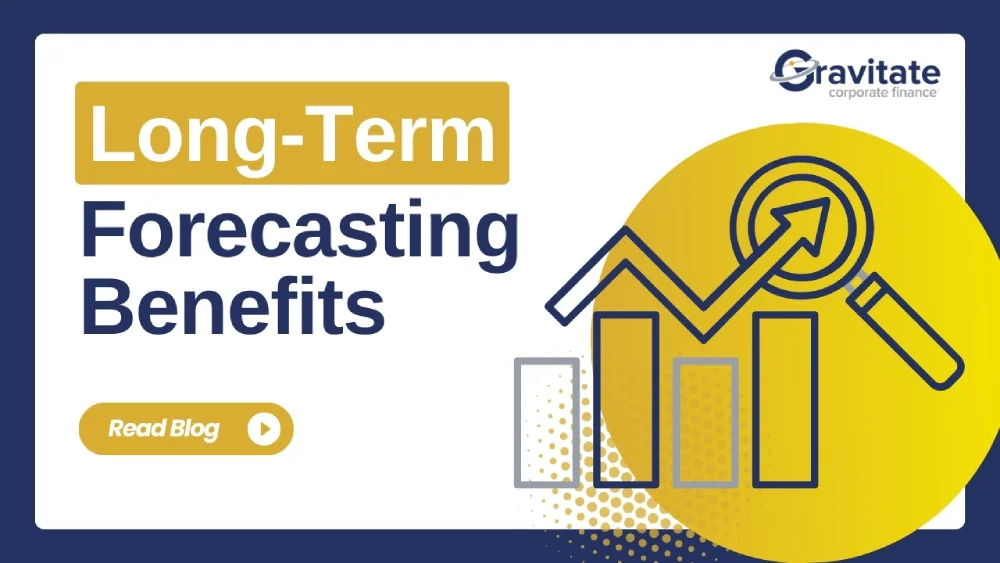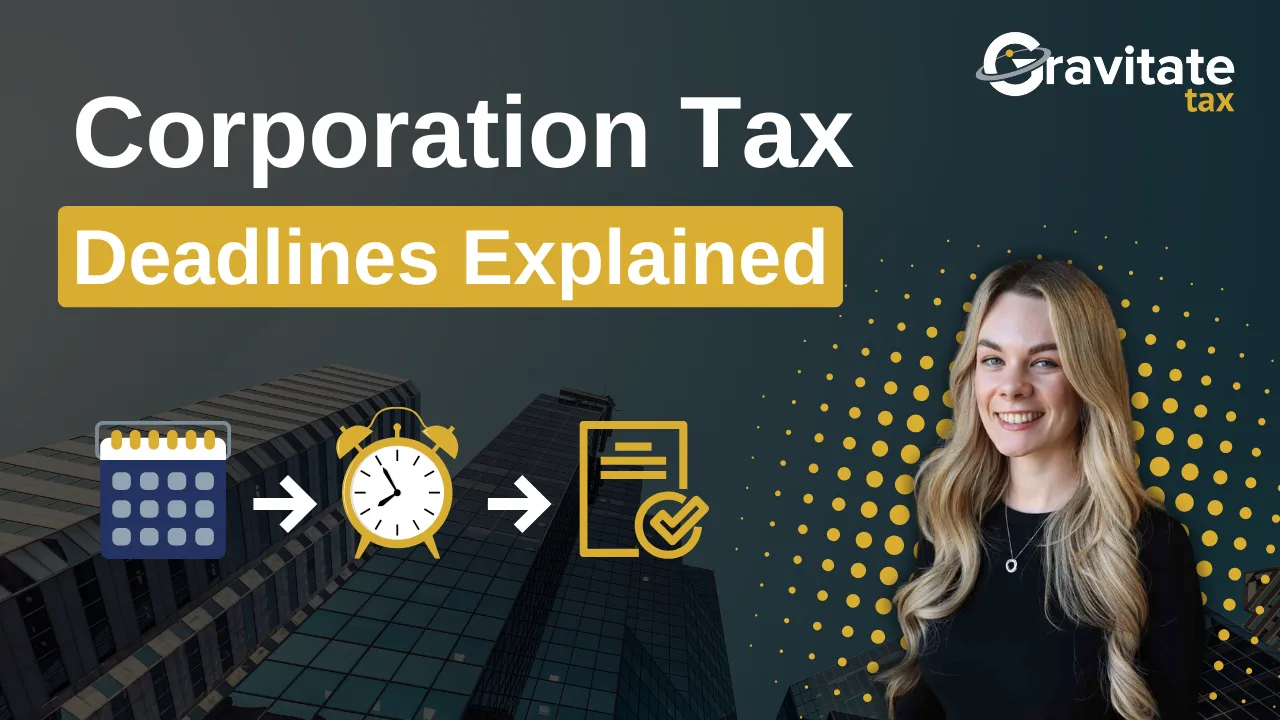If you’ve been reading the news recently, you’ll have heard lots of talk about a potential “wealth tax” for the UK. There is a lot of hyperbole on all sides of the political spectrum here, and business owners and high earners are understandably wary of what it could mean.
There is no confirmation yet of any plans for the UK to introduce a wealth tax, but there is a chance one could be announced by Rachel Reeves in the upcoming Autumn Budget.
In this blog, I’ll outline everything you need to know about wealth taxes, including how they work, and how they might affect you.
What is a wealth tax?
As the name suggests, a wealth tax is a tax on your assets (or wealth). Unlike income and dividend taxes (charged on earnings) and capital gains tax (charged on gains), a wealth tax is a levy on what people already own.
These assets typically include property, investments, pension funds and luxury goods, as well as cash.
Why is a wealth tax a hot topic in 2025?
There is a heated debate within politics over whether a wealth tax should be introduced. There are varying arguments for and against such a move, and it has become one of the most adversarial issues in politics.
The principal arguments in favour of a wealth tax are widening wealth inequality and an urgent need for the government to raise more revenue to reduce borrowing and grow its spending power.
However, there are considerable risks involved in such a policy too, including capital flight, growth stagnation, and administrative complications.
How might a wealth tax work?
There is no official detail on any proposed or planned wealth tax policies in the UK, so the following information just looks at the concept broadly.
A wealth tax is usually applied as a small one off or annual percentage on all assets above a set threshold. Rates in other countries have ranged between 0.5% and 2%. Even at low rates, this can generate significant revenue when applied to very high net worth individuals.
The government must decide whether to tax only financial assets, or also property, pensions, and personal items too. A wealth tax could target assets like:
- Property and land holdings
- Shares, bonds and other investments
- Business ownership
- Some pension funds
- High-value personal items (art, cars, jewellery, etc.)
One of the hardest parts of this is getting an accurate valuation. While listed shares are easy to price, private companies and unique assets (e.g., artwork) can be difficult and costly to assess.
Different models of wealth tax
There are three general approaches that governments might take to implementing a wealth tax.
- Flat-rate annual tax on net wealth above a threshold.
- Progressive tax with higher rates for larger fortunes.
- One-off tax applied temporarily to raise revenue, often during a period of crisis.
The UK’s current position
The UK doesn’t have a formal wealth tax currently, but there are already several taxes that target wealth.
- Inheritance Tax (IHT) applies on estates above certain thresholds
- Capital Gains Tax (CGT) is charged on profits when assets are sold.
Whether CGT counts as a “wealth tax” is debated, as it is a tax on realised gains rather than simply holding assets.
Any new wealth tax is therefore likely to be in addition to these existing measures, not a replacement. A true “wealth tax” would be based on the total net value of assets owned (property, shares, businesses, pensions, etc.) applied annually.
What other countries have tried a wealth tax?
Several countries around the world, including both highly developed and less developed countries, have experimented with wealth taxes in the past. However, many abandoned them due to practical and economic difficulties.
France
France introduced a “solidarity wealth tax” in 1982, but it was repealed after claims it drove wealthy individuals abroad, who took their capital and businesses with them.
Spain
Spain has a selective wealth tax which it continues to apply. It has progressive rates on net assets above €700,000 (with exemptions for main residences up to €300,000). However, it also varies by region
Norway and Switzerland
Norway and Switzerland also have a wealth tax that is still in place; opinions on its success naturally vary. But both apply relatively low wealth tax rates (around 0.5%–1%) but enforce them consistently. Importantly, they combine these with transparent tax systems and strong public trust.
Has the UK tried it before?
The UK explored wealth tax in the 1970s under Harold Wilson’s Labour government. Proposals stalled due to administrative challenges and fears of capital flight. Since then, the UK has relied on capital gains tax, inheritance tax, and property duties instead.
The 2020 Wealth Tax Commission report reignited interest, recommending a one-off tax to raise revenue without permanent changes to the tax system.
Arguments for and against a wealth tax
The current UK framework is often criticised for favouring asset-rich individuals over income earners, leading for calls to reform, either through a direct wealth tax or by tightening existing taxes such as CGT and IHT.
When it comes to a Wealth Tax, here are the main arguments for and against.
Key Concerns: Liquidity
One of the biggest challenges with a wealth tax is how individuals would pay if much of their wealth is tied up in illiquid assets.
Elon Musk is a well-known example: while his net worth may exceed £300bn, most of this is in Tesla shares. If a wealth tax applied, he would need to sell stock to generate cash for the tax bill.
This becomes far more complicated for private business owners. Unlike listed shares, there may be no ready market to sell into, and in some cases, the only buyers could be competitors, which is a situation few owners would welcome.
Governments may therefore be forced to consider exemptions for business assets or deferrals until sale. But this risks undermining the revenue-raising potential of a wealth tax, leaving actual receipts far lower than forecast.
Furthermore, valuations of property are often relatively straight forward but valuations of businesses are far more subjective with the process being an art, not a science.
To that end, HMRC may seek to challenge the value of company shares subject any new wealth taxes, and costs for professional to conduct valuations must be included within the taxpayers costs of any new scheme.
Who could be impacted by a UK wealth tax?
In terms of who will be affected by a UK wealth tax, it’s impossible to know for sure until the government provides information on thresholds and rates.
- Most proposals focus on the wealthiest households, typically with net assets exceeding £1 million or even £2 million.
- In areas like London and the Southeast, rising property values mean many middle-class families are technically “wealthy” on paper, even if their income is modest. Unless thresholds are set carefully, a wealth tax could hit homeowners who are asset-rich but income-poor, causing huge problems.
- The main target of any UK wealth tax would be high-net-worth individuals (HNWIs) and ultra-high-net-worth individuals (UHNWIs). These are the people with significant portfolios across property, shares, businesses, and offshore assets.
HNWIs are also the most mobile people in the country, meaning their response could be decisive in determining whether the tax succeeds or fails.
Example wealth tax calculations
The following is not intended to provide advice, but to show in simple numbers how a wealth tax may take shape for a UK taxpayer.
- Consider a household with net assets of £3 million, mostly made up of property and investments.
- If a wealth tax of 1% applied above £2 million, they would owe £10,000 annually.
- For some, this would be manageable; for others, it could require liquidating assets.
How can a Chartered Tax Adviser help people prepare (if needed)?
A chartered tax advisor (CTA) would play a crucial role if a UK wealth tax were introduced. Their support wouldn’t just be about compliance, but also about structuring, planning, and mitigating exposure within the rules.
- Assess Exposure: We can review your assets, calculate potential liabilities, and model different scenarios.
- Structure Assets Efficiently: We can advise on ownership structures, trusts, and business holdings to minimise exposure.
- Plan for Liquidity: We, with the help of accountants, can help you ensure cash is available to meet tax bills without forced asset sales.
- Maximise Reliefs: We can help you identify and apply exemptions, such as for pensions or business assets.
- International Planning: We can help you manage cross-border assets, residency, and treaty considerations.
- Compliance & Reporting: Ensure accurate valuations, timely submissions, and defence against HMRC queries.
- Long-Term Strategy: We can help you integrate your wealth tax planning with wider estate and business succession plans.
While nothing is confirmed yet, the rumour mill will continue to spin between now and the budget statement. It is sensible to stay informed, but it’s important that you don’t make rash financial decisions until you know exactly what is going on. Be aware of the debate, but don’t panic!
If you’re concerned, please feel free to send me a message!

.png)


.png)

.png)
.png)

.png)
.png)
.png)













.png)
.png)
.png)

.png)
.png)

.png)

















.jpg)

.webp)
.png)

.svg)
